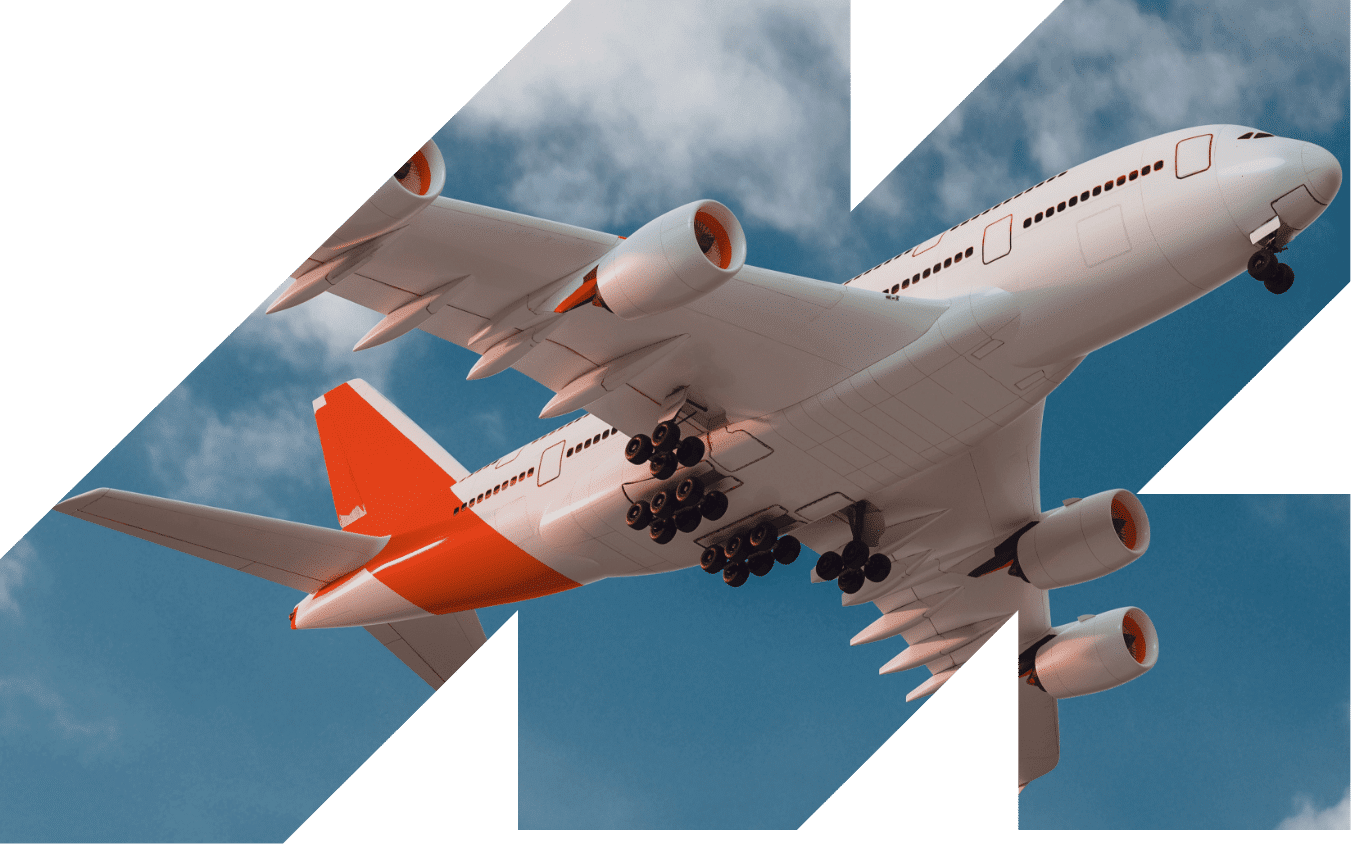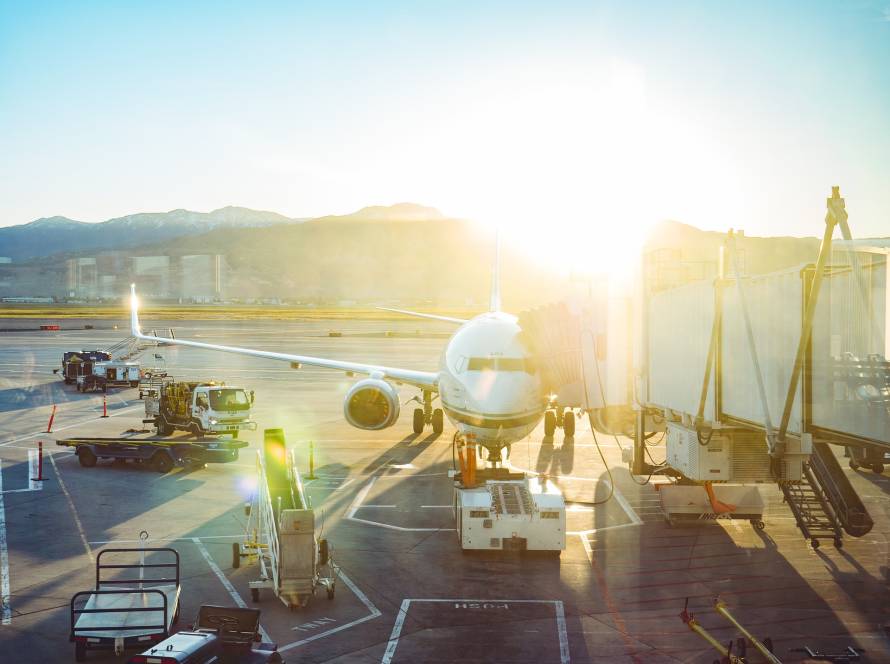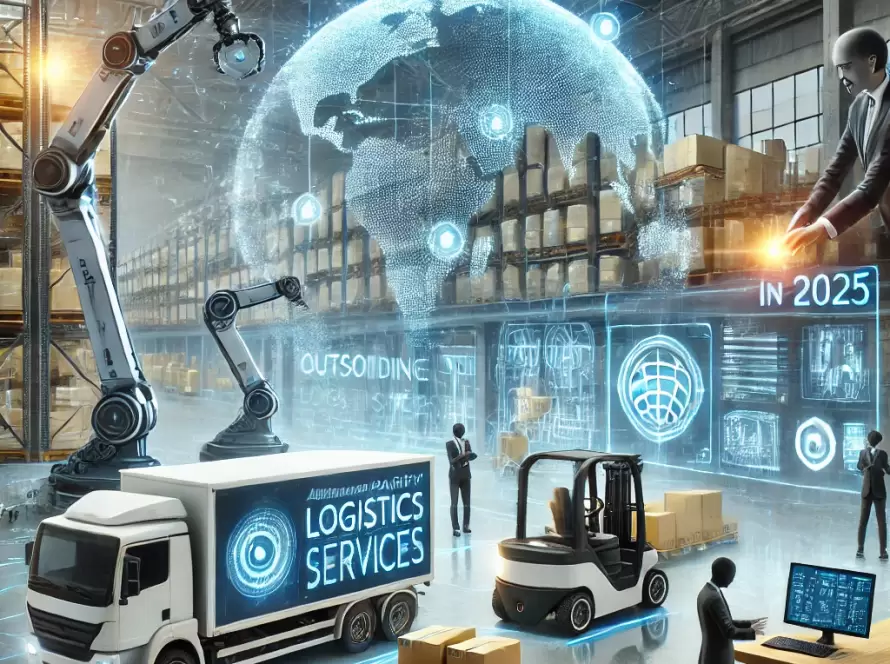“Revolutionizing Air Logistics: The Impact of Technology on Modern Transportation”
Air transportation has undergone a significant transformation over the years, driven by advancements in technology that have revolutionized the way goods and people move across the globe. In modern air logistics, technology plays an integral role in enhancing efficiency, safety, sustainability, and overall operational excellence. From cutting-edge tracking systems to AI-powered route optimization, the integration of technology has reshaped the landscape of air freight and passenger travel.
1. Enhanced Tracking and Visibility
One of the most impactful advancements in air transportation is the ability to provide real-time tracking of shipments. Modern tracking systems utilize GPS and IoT devices to give shippers, carriers, and customers live updates on the location and condition of cargo. This increased visibility builds trust, ensures accountability, and enables quick responses to delays or disruptions.
2. Artificial Intelligence and Automation
AI has introduced smarter ways to manage air transportation logistics. From optimizing flight routes to predicting maintenance needs, AI reduces downtime and operational costs while increasing the reliability of cargo and passenger services. Automated cargo handling systems and drones for inspection tasks further streamline operations, improving both speed and accuracy.
3. Advanced Cargo Management Systems
Technology-driven cargo management systems allow seamless integration between different modes of transportation. These systems enable better inventory control, faster load planning, and optimized space utilization, ensuring that air cargo operations are efficient and cost-effective.
4. Sustainability Through Innovation
With growing concerns over carbon emissions, technology is paving the way for greener air transportation. Innovations like fuel-efficient aircraft, hybrid engines, and sustainable aviation fuels are helping reduce the environmental impact of air travel. Technology also supports initiatives like route optimization to minimize fuel consumption and greenhouse gas emissions.
5. Safety and Risk Mitigation
Technology enhances safety in air transportation by enabling predictive maintenance and advanced monitoring systems. Sensors and AI algorithms can identify potential issues before they escalate, ensuring safer flights and cargo transport. Real-time weather tracking and risk assessment tools also allow airlines to make informed decisions and avoid hazards.
6. Seamless Passenger and Cargo Experiences
For passengers, technology-driven systems like biometric check-ins, e-tickets, and automated baggage handling have made air travel faster and more convenient. In cargo logistics, the integration of technology simplifies customs procedures, optimizes delivery schedules, and ensures timely clearance of goods, providing a seamless experience for all stakeholders.


Looking Ahead: The Future of Air Transportation
As technology continues to evolve, the future of air transportation looks promising. Innovations such as autonomous cargo planes, blockchain for secure and transparent transactions, and AI-powered customer service will redefine the industry. Additionally, the adoption of electric aircraft and further development of sustainable practices will make air transportation more environmentally friendly.

Technology has become the lifeblood of modern air transportation, driving progress and addressing challenges with innovative solutions. From real-time tracking and AI integration to advancements in sustainability, technology continues to shape the future of the industry. At the core of these changes is a commitment to efficiency, safety, and environmental responsibility, ensuring that air transportation remains a vital part of global connectivity.
As we look to the future, the integration of emerging technologies promises to make air transportation smarter, faster, and more sustainable, taking logistics and passenger experiences to new heights.


